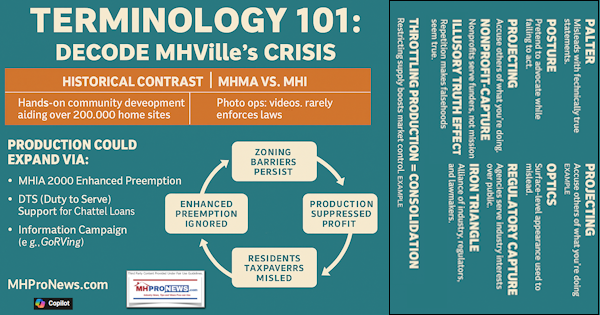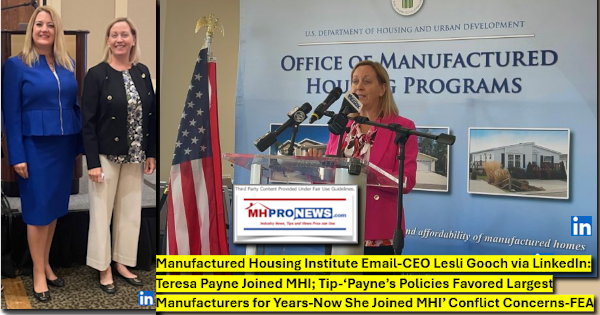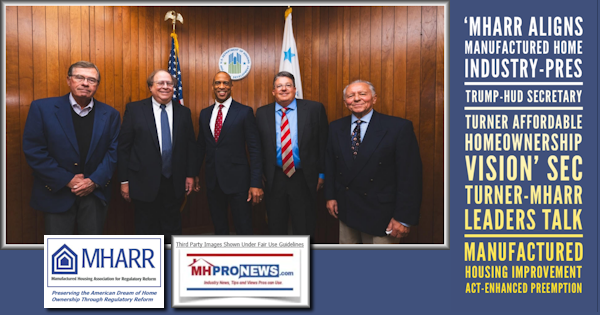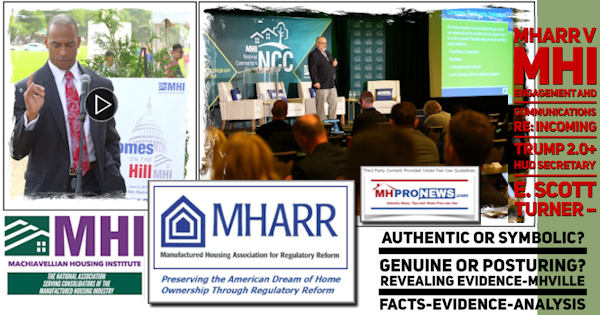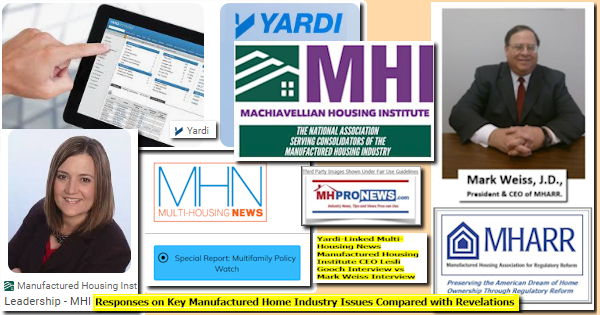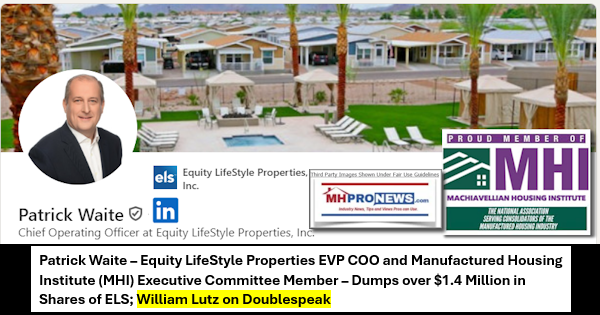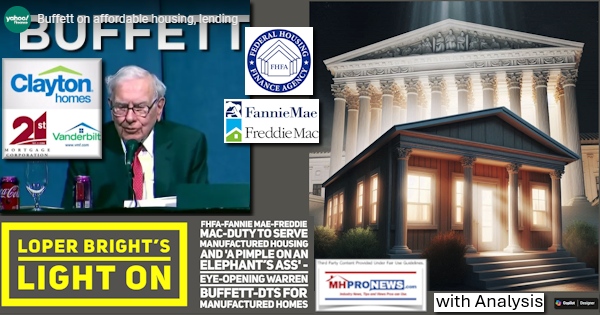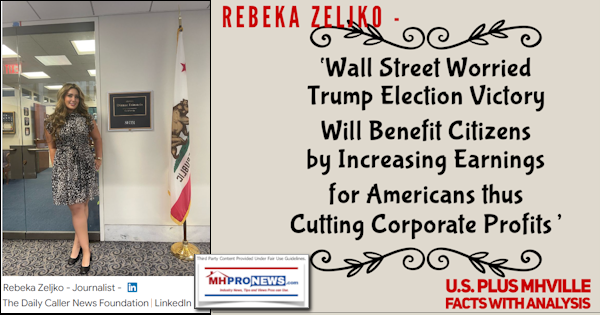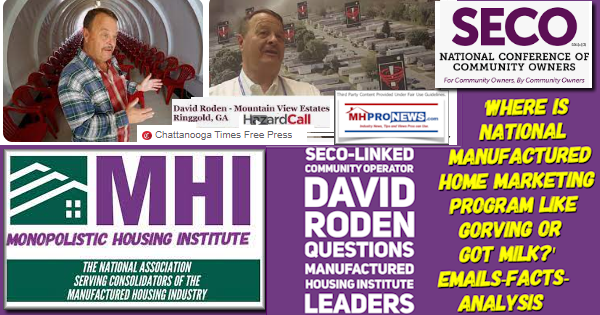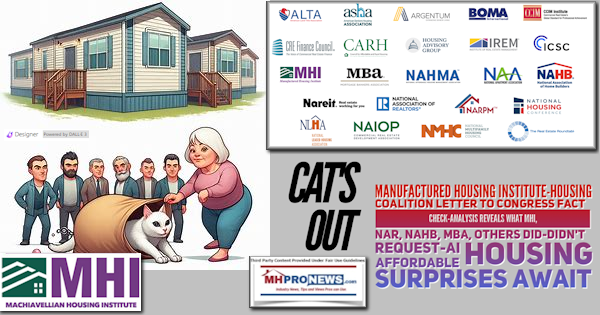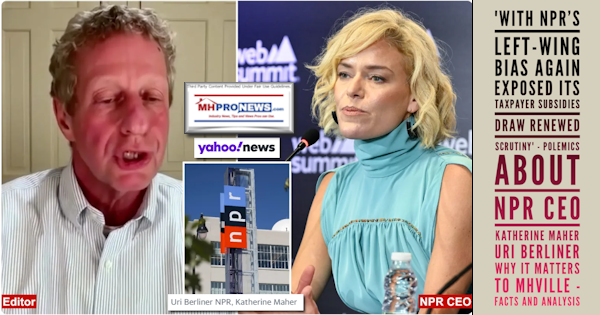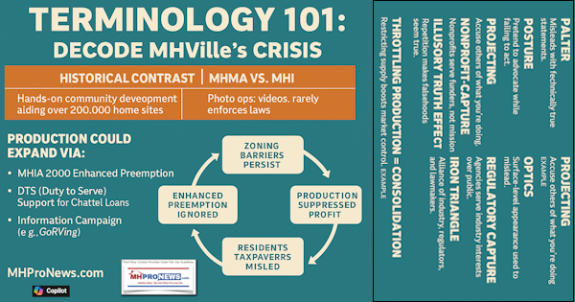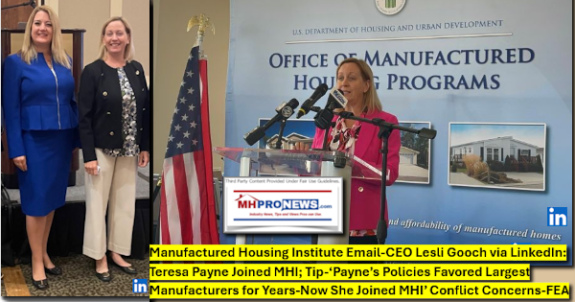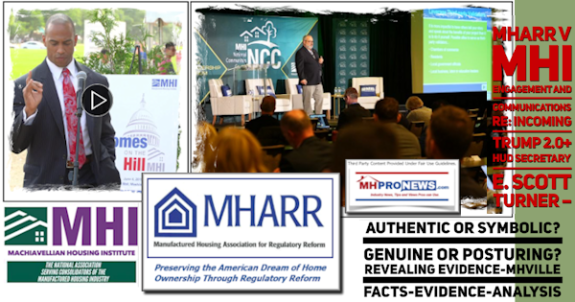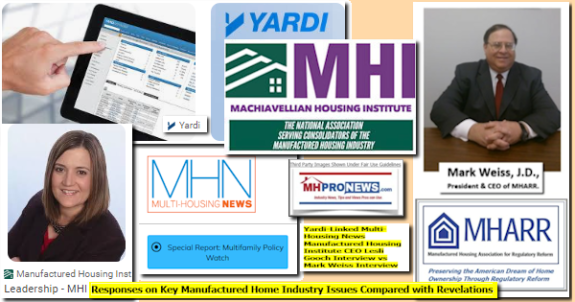We touched on the topic recently of ‘not judging a book by its cover.’ We need to let ideas develop and be considered, based on their own merits. A senior industry executive handed me a copy of the audio book version of Good to Great by Jim Collins, last year. As part of my personal New Year’s resolution, last weekend I started hours of very insightful listening. Let me share some of my take-aways from this fine book, and let’s together see where these keen insights and ideas may take YOU and YOUR business in 2011!
First, the book Good to Great itself was penned a few years back, and it was a result of five years of research by a team of professionals. It doesn’t read like an academic work, but that was the caliber of the research – well condensed, in my view. The book recounted details and lessons from some 11 firms that ‘beat the stock market’s performance by no less than three-fold (300% better performance of the market) and for no less than a 15 year sustained period of time. Three times-or-more better, some of these firms outperformed the markets by 15 to 1…Wow! So these were no ‘flash in the pan’ leadership tales, but rather long-term sustained success that far outpaced their rivals in order to be included in the research criteria.
Now, I want to inject what I think is critical, because these companies were studied a few years ago. Does that make this research invalid? I say, no. Principles are universal, and these concepts, when you read them, may seem as obvious to you as gravity!
Here are some of the key take-aways; you will find more in the book, which I recommend you get and read.
Level 5 Leadership
The researchers coined a new term they called ‘Level 5 Leader.’ These are leaders who have personal humility as well as professional will power or determination. This isn’t Lee Iacocca leadership (whom they looked at), where for a few years all goes well, but then the leader starts to believe his press clipping and is now more focused on himself, his books sales and TV interviews than his company. Level 5 leaders look for good people – the right people – and they want those people on the bus.
People are not your most important asset
The RIGHT people are your most important asset! Having the ‘right’ or correct people on the bus is more important than the plan for turn-around and growth. In one company studied, a million dollars a day was being lost. What did the leader do? He carefully sought out the right people and made sure that the right people were doing the right job. You want the right people on the bus in the right seat. The plan will be executed better when the right people are in place and motivated to implement the plan properly. Failure comes from having the wrong people, or sitting in the wrong roles. Success comes from having the right people in the right roles.
Confront the Brutal Facts
Optimism and a good attitude are important. But you still have to look reality in the eye. Only with accurate information and a search for the truth of the matter can you achieve success.
The Hedgehog Concept and the Three Circles
The ‘Hedgehog concept’ means having a simple, very clear concept of what their business is. The business has to be something the owners can
- Make money at
- Be passionate about, and
- Be the best at in their market or the world
These bullet points are also known as ‘The Three Circles.’
A culture of Self Discipline
Good people don’t need to be managed. As soon as you are managing someone, as soon as you are creating systems to get or keep a person doing their job, that is a signal that you have the wrong person on the bus! That doesn’t mean you don’t train, support or coach people. Quite the opposite is true. But if you have someone who simply lacks the motivation, the desire, skills or drive, it is time to start thinking about another role for that person or another person for that seat on the bus. Self discipline is important. A culture of self-discipline is helpful, because it establishes a work place where the defined efforts of the systems are known and performed towards the corporate goal.
‘The Flywheel’
The Flywheel refers to momentum in an enterprise. You keep pushing in one direction and you’ll build up a lot of momentum. That momentum will help overcome obstacles that inevitably arise. Momentum is built over time; it may or may not be dramatic.
The author has tons of other take-aways; for example, while this book was written about companies, the same principles can work in a non-profit organization as well.
Let me recap the above.
Level 5 Leadership: The leader MUST park the Ego and think Team, Solutions and Goals
The Right People on the Bus: More important than the plan itself, because the right people will be flexible as the plan changes.
Confront the Brutal Facts: Look for the truth and act upon it. No sacred cows or people! One example was that some of these firms had deep family connections, and family was let go if they were not the right people on the bus.
Hedgehog Concept: A clear vision for the business that can make money, create passion and that the team can excel at together.
Culture of Self-Discipline. Everyone needs it; enough said.
Momentum or the Flywheel Concept: Once you have momentum, you can get and stay ahead of the pack.
Now apply these proven principles of success to your business!
Collins is the author of other books, too, one of which I am looking forward to reading called How the Mighty Fall. As these are case studies, true research, I think they hold tremendous value to business leaders in our industry.
As you or I might survey the manufactured housing landscape today, think about the type of leadership you see, and how those companies perform. Think about having the right people on the bus in the right roles. We need to make changes as an Industry, which means that individual businesses, professionals and leaders must adapt in order to grow. We need a clear vision for how to serve the public in ways that we can get a team motivated about! Practice self-discipline and then build momentum. If we do these things, we can have a great year for a professional, a business and/or our Industry.
What business books do you like? Maybe we can do a review of one that inspired or inspires you! # #
Tony Kovach – Publisher, Marketing and Industry Consultant – is also the editor of The Manufactured Housing Revolution! Click here for details.


